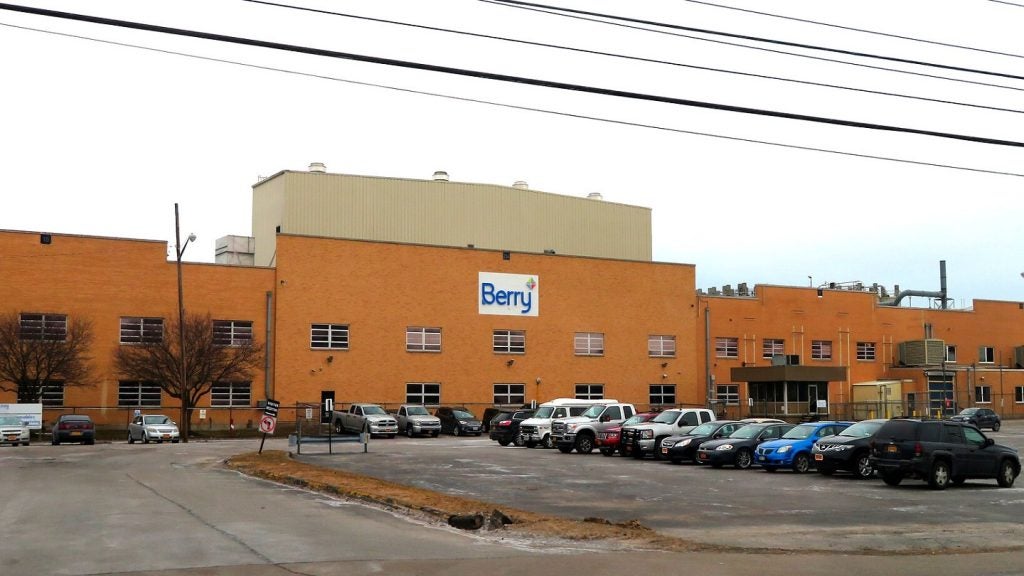US-based plastic packaging manufacturer Berry Global has pledged to achieve net-zero emissions across its global operations and value chain by 2050.
As part of this commitment, the company will reduce its total Scope 1, 2, and 3 emissions by more than 90% while neutralising the remaining residual greenhouse gas (GHG) emissions released during this period.
Berry will primarily focus on three aspects to achieve this goal - circular categories, value chain engagement, and cleaner energy.
The company plans to drive circularity and reduce GHG emissions by replacing virgin fossil-fuel-based plastics with lighter and less carbon-intensive materials such as recycled plastics and biobased plastics that are made from renewable resources.
Given the company’s value-chain emissions come from purchased goods and services, it will work with customers to develop lower-carbon solutions and with its suppliers to offer lower-carbon materials and services.
In addition, Berry aims to scale up its investment in renewable, cleaner energy to reduce the usage of fossil fuels and cut down the environmental impact of energy sources during the manufacturing process.
Berry's CEO and board chair Tom Salmon said: “Reaching net-zero emissions by 2050 is critical to avoiding the most catastrophic environmental, social, and economic impacts of climate change.
“As a global plastic packaging leader, we have a responsibility to protect the environment by minimising the impact of our products, operations, and value chain as well as our business by limiting the exposure of our operations and supply chain to climate risk.”
Berry’s commitment is in line with a 1.5°C warming scenario and upholds the UN-backed Paris Agreement goal of restricting global warming to below 2°C.
In May last year, the company pledged to cut its absolute Scope 3 GHG emissions by 25% by 2025.
As of now, the company has reduced Scope 3 GHG emissions from its supply chain by 9% and its Scope 1 and 2 GHG emissions by 21%.









